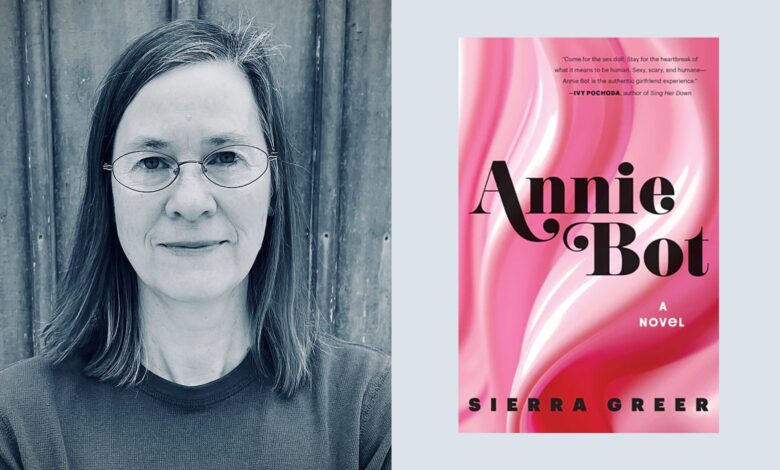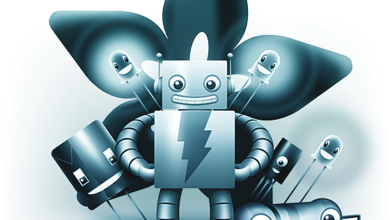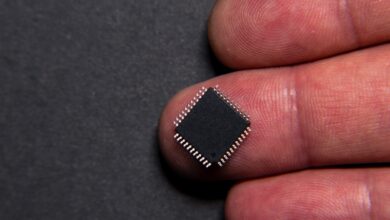Sci-Fi novel Annie Bot by Sierra Greer explores human abuse in the present by talking about robots in the future

Gabfest Reads is a monthly series from the hosts of Slate’s Political Gabfest podcast. Recently, David Plotz talked with author Sierra Greer about her debut novel Annie Bot. They discussed the discomfort Greer’s robot protagonist can feel, and how it tells a greater story of how humans are treated like objects.
This partial transcript has been edited and condensed for clarity.
David Plotz: Do you think that we are going to have creatures like Annie one day?
Sierra Greer: Not really soon, but I don’t think we need to have creatures like Annie to encounter the problems that Annie poses. Because I think emotionally, we are going to have characters or people that we can create. Or, I don’t even know how to say it, we’re going to have AI companions that will be really important to us.
On the flip side, we already have humans now who are treated like they are objects. The same issues that show up in the novel between a robot and human are happening now between human and human. I think the novel really is an allegory for what’s happening now. We don’t have to look to the future and the technology; we can look to how this is a mirror for what’s happening between people now.
Yes. I mean, certainly when you read stories about how people treat domestic servants or how people treat people who have been sex trafficked, there is this sickness and sadness in that, which certainly, I’m too stupid to have thought about [the story] as an allegory for that. I was only thinking about the future, not the present.
This is interesting. I’m not sure what this says about you. It’s curious, right? I’ve had really different reactions to this novel. If I can just jump in here, I’m not completely surprised that that didn’t occur to you. When my editor was talking to me about the potential she saw for this novel, she said we really needed to cast the net in a lot of different directions, for people that would not necessarily always overlap.
The book has been reviewed in things you wouldn’t always think about together. It’s been in Scientific American, and it’s been in Glamour, and it’s been in the New York Times, and it’s been in newsletters for tech people out in San Francisco. There are a lot of ways that people, audiences, don’t necessarily overlap, and yet they can come to this novel and sort of bring themselves to it.
I’ve had really strongly emotional letters from women who have been in relationships that were abusive, and they’re pretty grateful that I’m helping them feel seen; I guess that’s the way to put it. And men too have written. I’ve heard from men too, who have been in coercive relationships, and they just are grateful that someone is bringing these to light, so that’s going on.
At the same time, I know that there are some people who really would welcome the idea of having women or versions of women that are very simplified, and have a very strict set of rules that they’re supposed to exist within, because that would make the men feel more comfortable around them. There are really a lot of ways for people to talk about this novel.
Before we go on, I was just Googling the book to see, ‘oh, is there something I missed about it?’ I was struck at how the word “abusive” shows up again and again in the reviews by readers. There are people who are saying, “Oh, you should be aware that this portrays an abusive relationship. If that’s something that’s difficult for you to read about, you should be careful reading this.” And then other people saying how well this portrays an abusive relationship, and you should read it because it does that. But as I said, because I’m, I guess, just interested in speculative fiction with only thinking about the future and not really worrying about that part of it, now I’m ashamed. So it goes.



